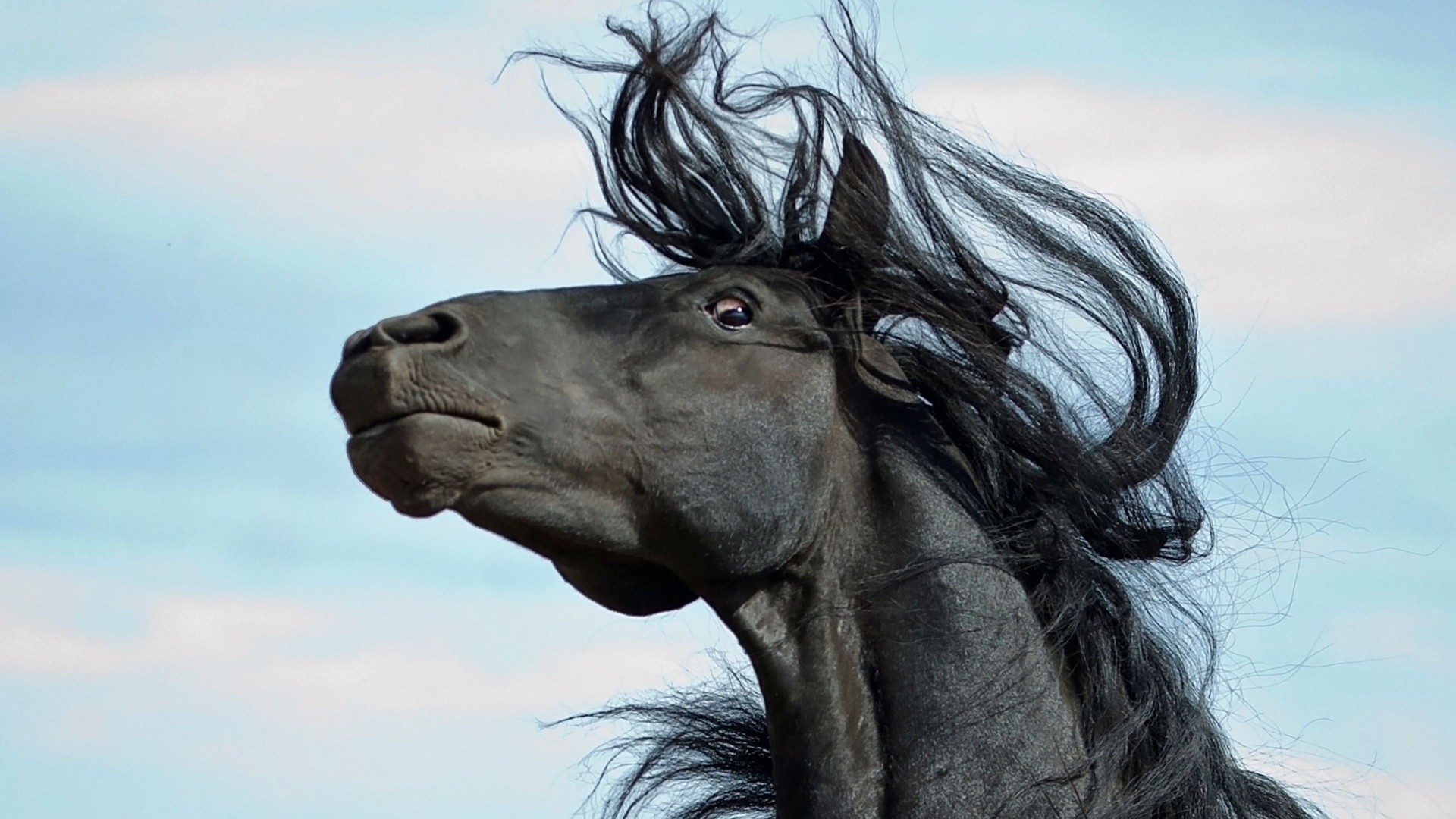Horses are sensitive animals that can easily become stressed by seemingly simple things in their environment or routine.
Changes in their surroundings, inconsistent handling, or even subtle cues can impact their well-being.
Understanding these stressors can help you create a calm and supportive environment for your horse, ensuring they stay happy and healthy.
1. Sudden Loud Noises
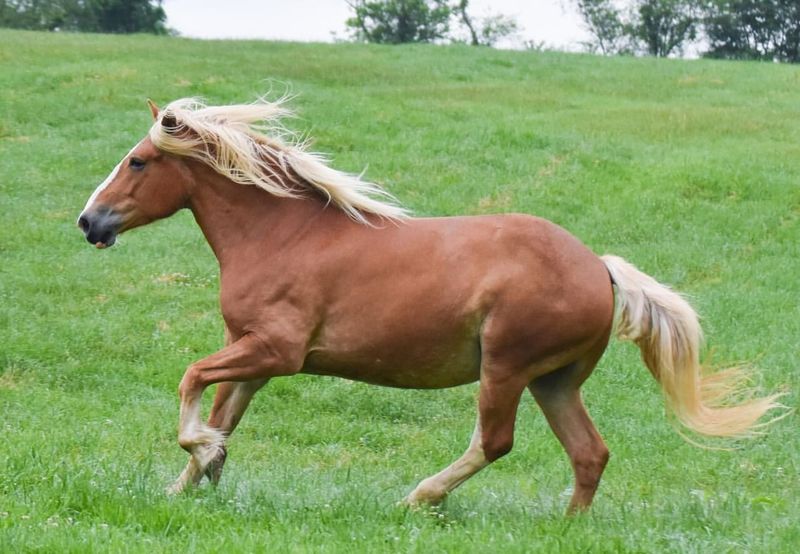
Sudden loud noises, such as fireworks or thunderstorms, can be a significant source of stress for horses. These unexpected sounds can cause them to startle, leading to anxiety or even panic.
Horses have sensitive ears, and their natural instinct is to flee from perceived danger, making loud noises particularly unsettling. To help your horse cope, consider using earplugs or providing a safe, quiet space during noisy events.
Recognizing the triggers and gradually desensitizing your horse to these sounds can also be beneficial. Additionally, playing calming music or using white noise machines can create a more soothing environment.
2. Inconsistent Feeding Times
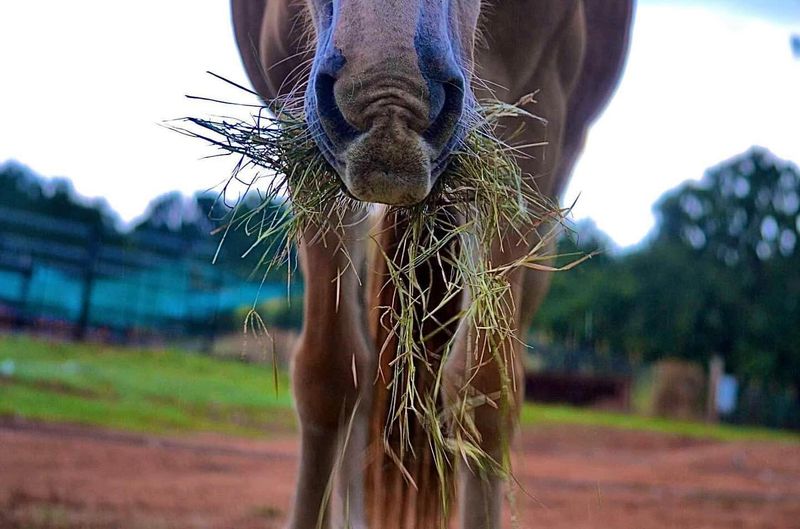
Inconsistent feeding times can cause stress for your horse as they thrive on routine. Horses have sensitive digestive systems, and irregular feeding can lead to anxiety and even digestive issues.
Establishing a consistent feeding schedule is crucial. By feeding your horse at the same times each day, you help them feel secure and reduce potential stress.
If your schedule requires changes, try to make adjustments gradually. Sudden changes can upset their routine and lead to unnecessary anxiety.
3. Crowded Environments
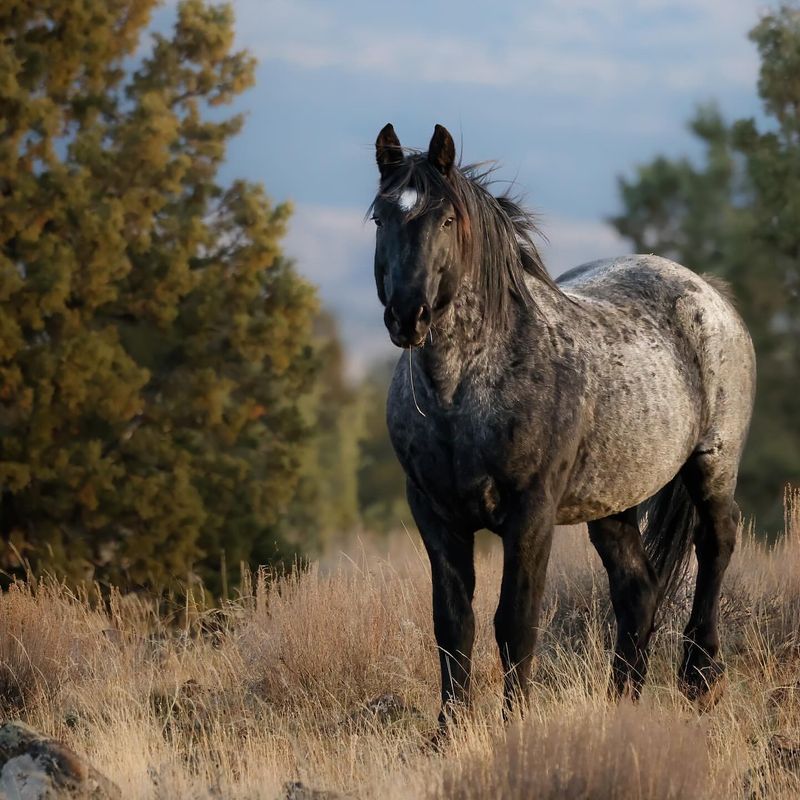
Horses can become stressed in crowded environments, such as busy stables or packed pastures. They require space to move freely and establish social hierarchies within their herd.
Overcrowding can lead to competition for resources like food and water, increasing stress levels. Ensure that your horse has adequate space and access to necessary resources.
Providing a quiet, spacious area for your horse can significantly reduce stress. Monitoring pasture dynamics and ensuring a peaceful environment are crucial for their well-being.
4. Isolation From Herd
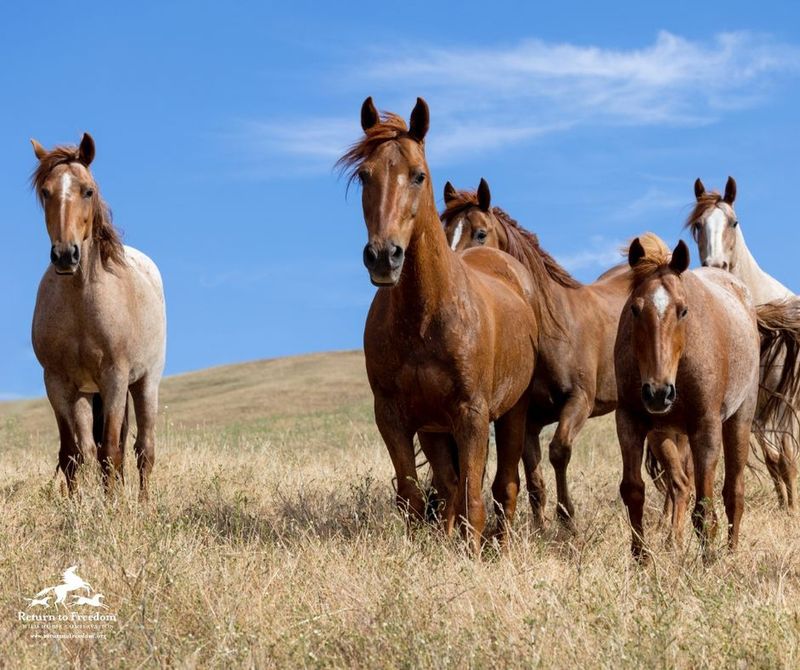
Isolation from their herd can be distressing for horses, as they are naturally social animals. Being separated from their companions can lead to loneliness and anxiety.
Horses rely on social interactions for comfort and security. When isolated, they may exhibit signs of stress such as pacing or calling out.
Ensuring your horse has regular social contact with other horses can help alleviate these feelings. If separation is necessary, providing visual contact or companionship with another animal can offer some relief.
5. Unfamiliar Equipment
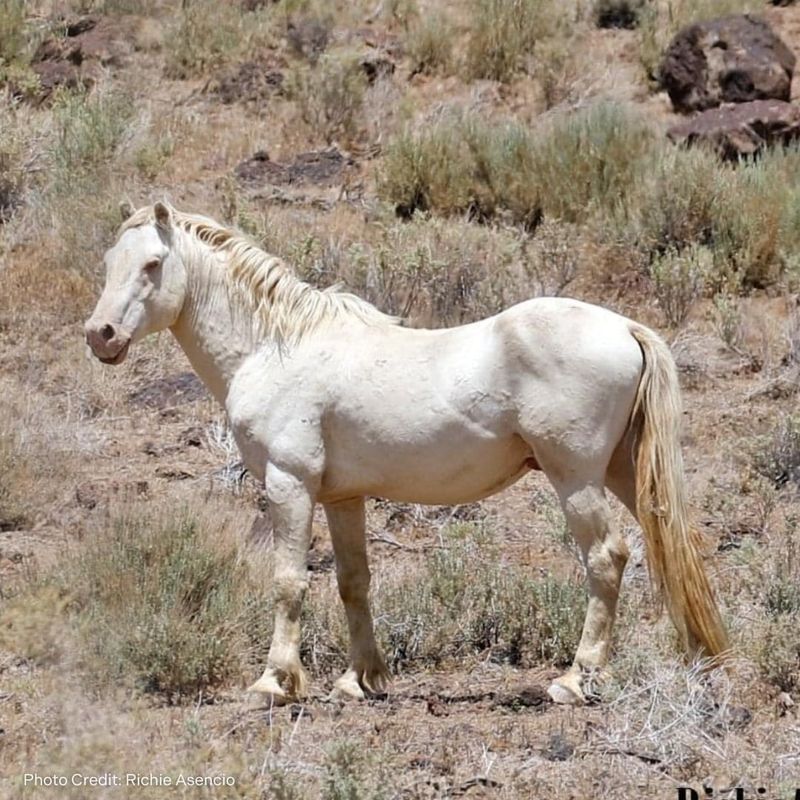
Introducing unfamiliar equipment, like new saddles or bridles, can be a source of stress for horses. They may react negatively to changes in their tack or gear.
Gradually introducing new equipment and allowing your horse time to adjust is crucial. Familiarizing them slowly can prevent anxiety and improve their comfort.
Ensuring that the equipment fits well and is comfortable will also help reduce stress. Regularly checking and maintaining gear can prevent discomfort and enhance your horse’s confidence.
6. Poor Riding Techniques

Poor riding techniques can cause stress for horses as they rely on clear communication from their riders. Inexperienced riders may inadvertently convey confusing signals.
This can lead to frustration and anxiety for the horse. It’s important to ensure that riders are properly trained and use gentle, consistent cues.
Providing lessons for riders and focusing on improving techniques can enhance the riding experience. A calm and knowledgeable rider contributes significantly to a horse’s comfort and reduces stress.
7. Abrupt Weather Changes
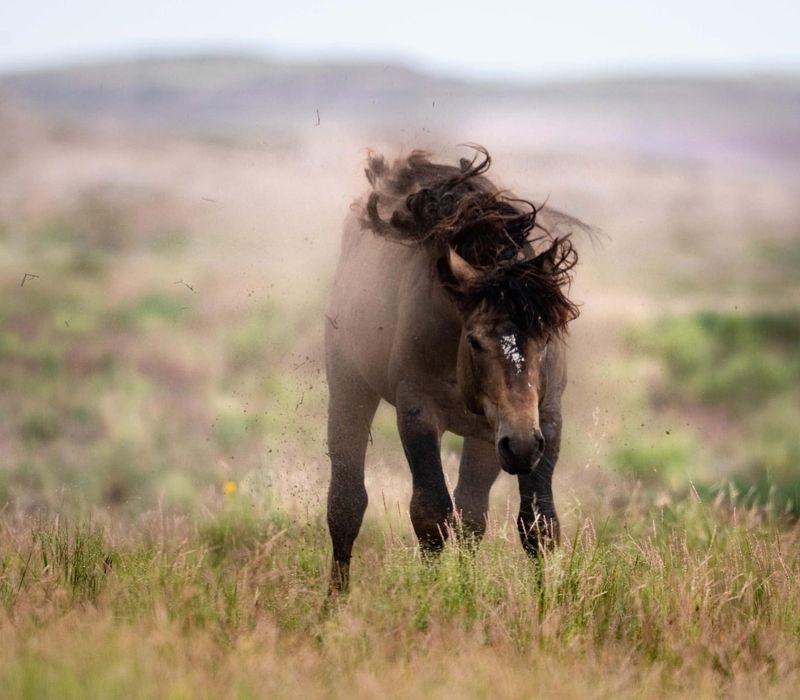
Abrupt weather changes, such as sudden rain or extreme temperature shifts, can cause stress for horses. They may struggle to adjust to quick changes in their environment.
Providing shelter and appropriate care during adverse weather conditions is essential. Horses need protection from extreme heat or cold to maintain their well-being.
Monitoring weather forecasts and preparing accordingly can help mitigate stress. Ensuring your horse has access to shelter, water, and appropriate clothing can significantly ease their discomfort.
8. Travel And Transportation

Travel and transportation can be a major source of stress for horses. The confinement of trailers and the unfamiliarity of new locations can cause anxiety.
Preparing your horse for travel by practicing loading and unloading can help reduce stress. Familiarizing them with the trailer environment and rewarding calm behavior is beneficial.
Ensuring that the trailer is well-ventilated, comfortable, and safe is crucial. Providing rest stops and minimizing travel time can also help alleviate stress during trips.
9. Unfamiliar Surroundings
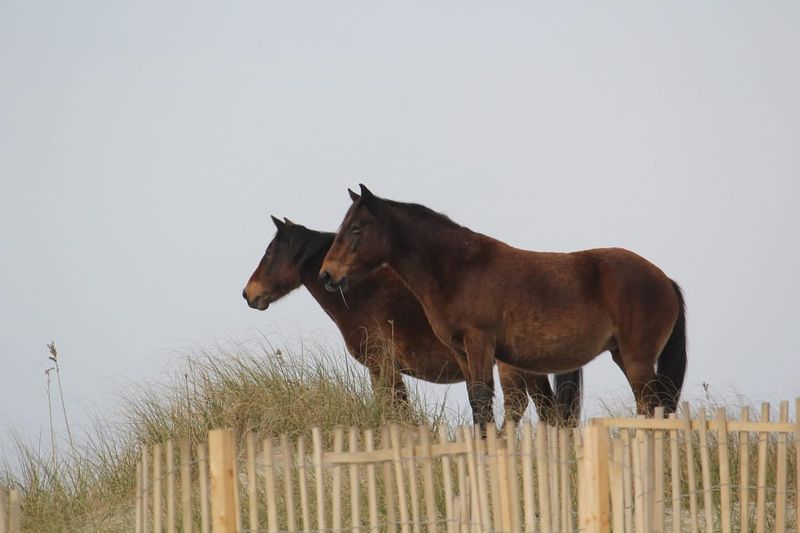
Unfamiliar surroundings can be unsettling for horses, leading to stress and anxiety. Moving to a new stable or pasture can disrupt their sense of security.
Allowing time for your horse to adjust and explore the new environment at their own pace is important. Providing familiar items, like their bedding or toys, can offer comfort.
Gradual introductions to new surroundings and maintaining a consistent routine can ease the transition. Patience and understanding will help your horse feel more at ease in unfamiliar settings.
10. Poor Health And Pain
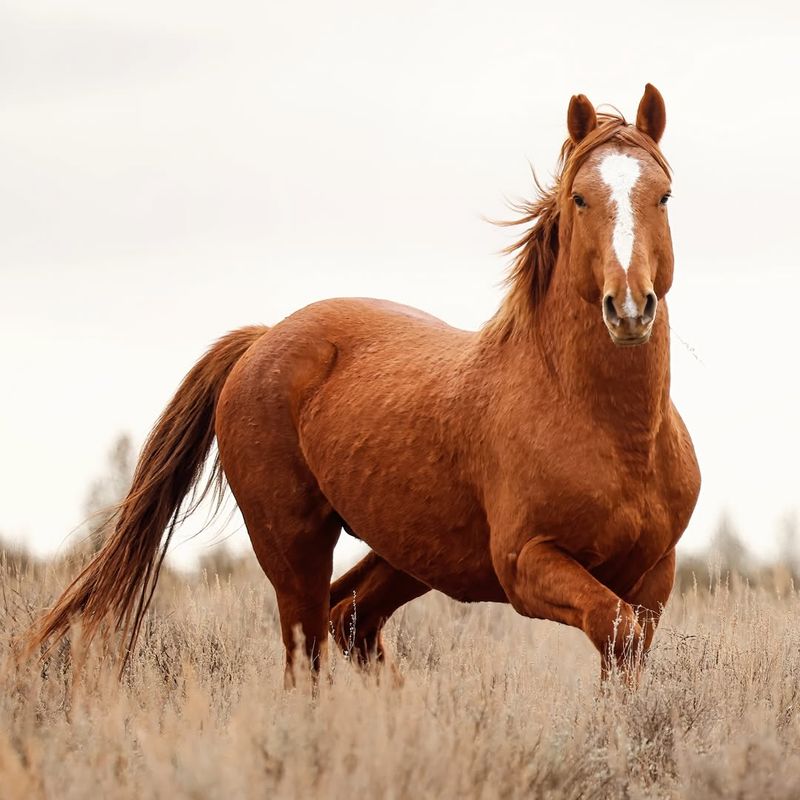
Poor health and pain can be significant stressors for horses. Any discomfort or illness can lead to anxiety and changes in behavior.
Regular health check-ups and proper veterinary care are essential in identifying and addressing health issues early. Monitoring your horse for signs of discomfort ensures timely intervention.
Providing a balanced diet, proper exercise, and a comfortable living environment contributes to their overall well-being. Addressing health concerns promptly can significantly reduce stress and enhance their quality of life.
11. Lack Of Exercise
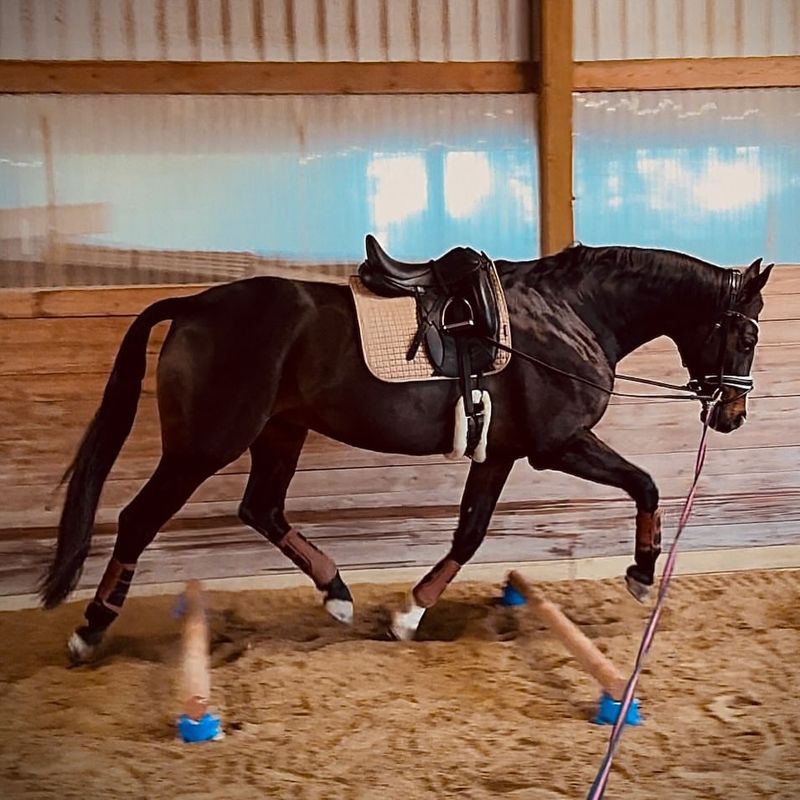
Lack of exercise can lead to stress and restlessness in horses. They require regular physical activity to maintain mental and physical health.
Providing opportunities for movement, such as regular turnout or structured exercise, is important. Boredom from inactivity can lead to negative behaviors and anxiety.
Incorporating variety in their exercise routine, like trail rides or arena work, can enhance engagement. Ensuring they have time to run and play can significantly reduce stress.
12. Overtraining
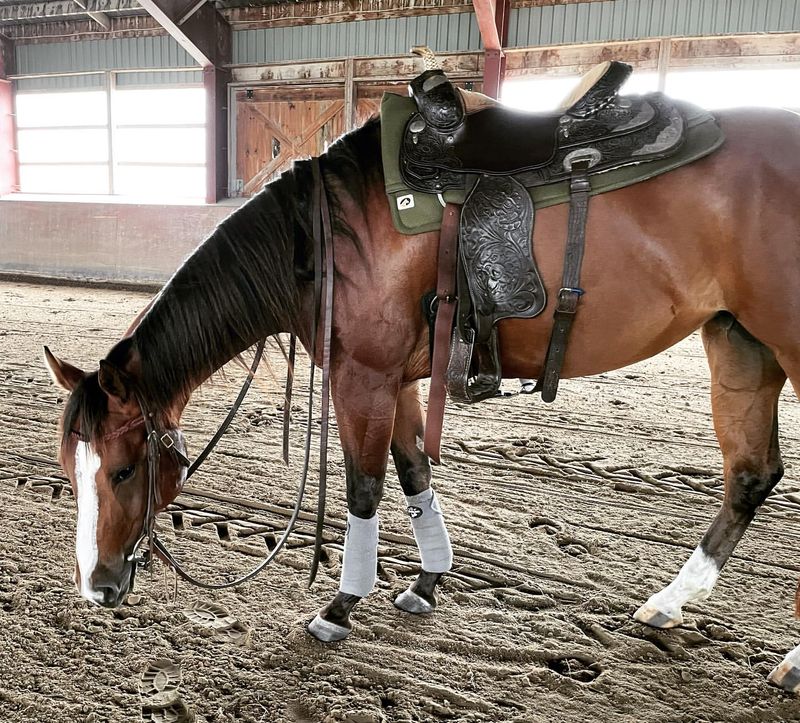
Overtraining can cause physical and mental stress for horses. Pushing them too hard without adequate rest leads to fatigue and potential injury.
Balancing training with rest and recovery is essential. Monitoring your horse’s responses and adjusting workloads as needed prevents overexertion.
Providing a varied training routine and allowing time for rest ensures their well-being. Listening to your horse’s needs and avoiding excessive pressure promotes a healthy and stress-free training experience.
13. Changes In Herd Dynamics
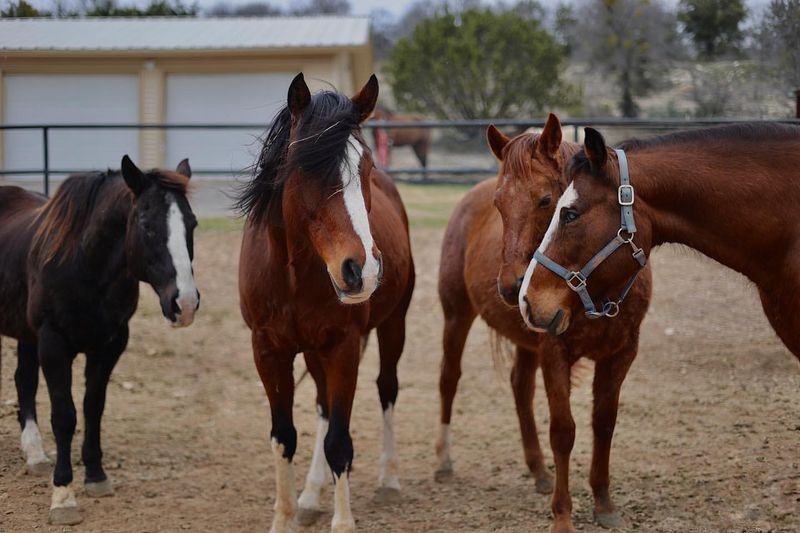
Changes in herd dynamics, such as introducing a new horse, can cause stress. Horses establish social hierarchies, and disruptions can lead to anxiety.
Gradual introductions and monitoring interactions are crucial to ease the transition. Allowing the herd to adjust naturally helps maintain harmony.
Providing ample space and resources reduces competition and potential conflicts. Understanding herd behavior and facilitating smooth integrations can alleviate stress.
14. Inadequate Shelter
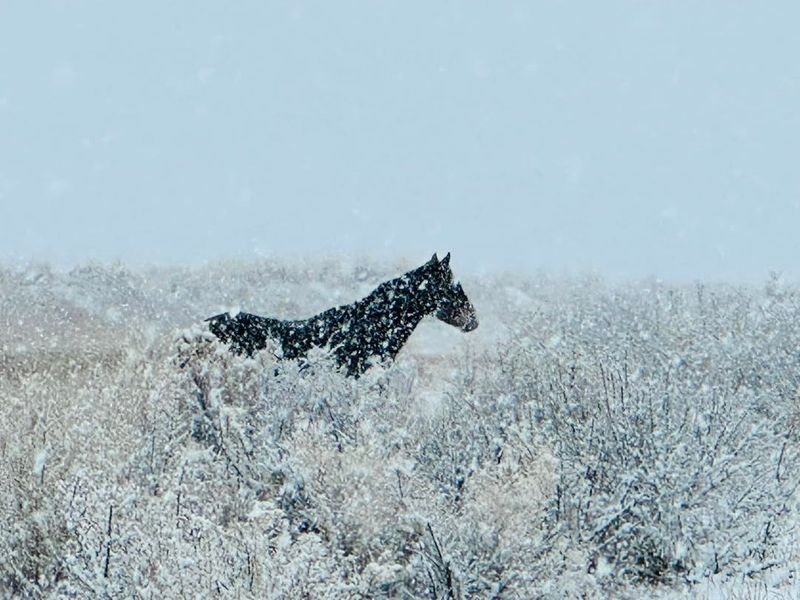
Inadequate shelter can lead to stress, especially during extreme weather. Horses need protection from harsh elements to feel safe and comfortable.
Providing a well-built shelter with proper ventilation and space is crucial. Ensuring that your horse has access to dry, shaded areas enhances their well-being.
Regularly checking and maintaining shelters ensures they remain functional and comfortable. A reliable shelter reduces stress and provides a sense of security.
15. Loud Machinery
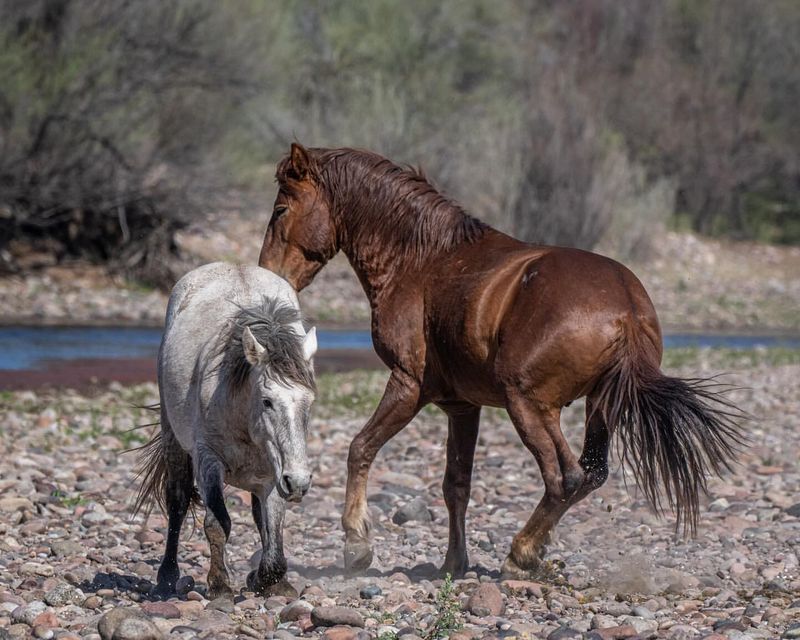
Loud machinery, like tractors or construction equipment, can be stressful for horses. The noise and vibrations can cause anxiety and fear.
Introducing your horse to these sounds gradually and from a safe distance helps desensitize them. Ensuring the machinery is as unobtrusive as possible minimizes stress.
Providing a calm environment and using ear protection can also help. Understanding your horse’s reactions and accommodating their needs is key to reducing stress.
16. Unfamiliar People
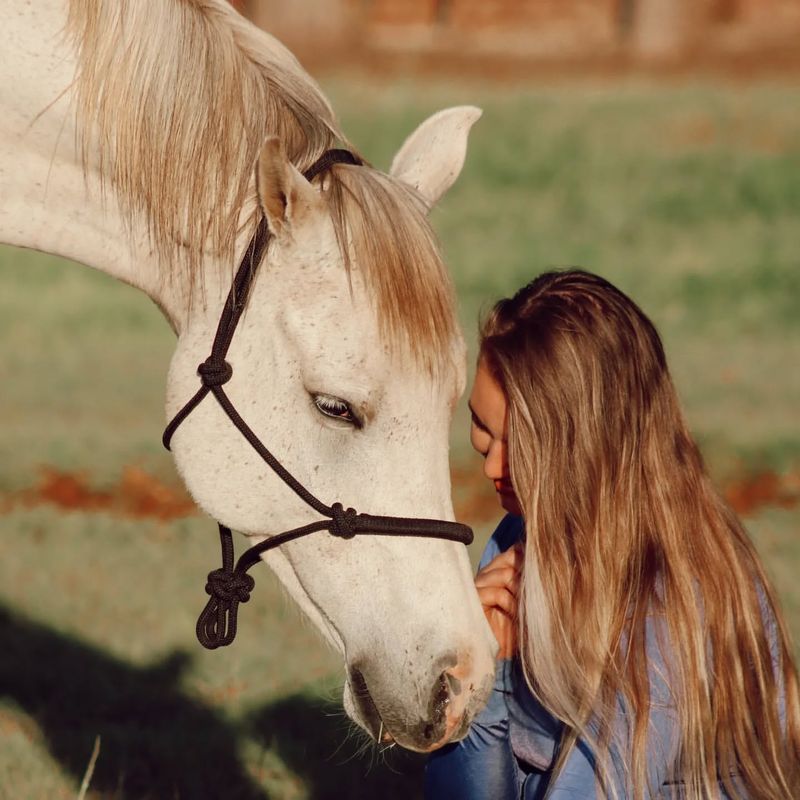
Unfamiliar people can be a source of stress for horses, especially if they are handled roughly or unpredictably. Horses may feel threatened by strangers.
Ensuring gentle, calm interactions and allowing your horse to approach new people at their own pace is important. Familiar faces and consistent handling reduce anxiety.
Providing positive experiences with new people can build trust. Introducing new individuals gradually helps your horse feel more comfortable and secure.
17. Inadequate Water Supply
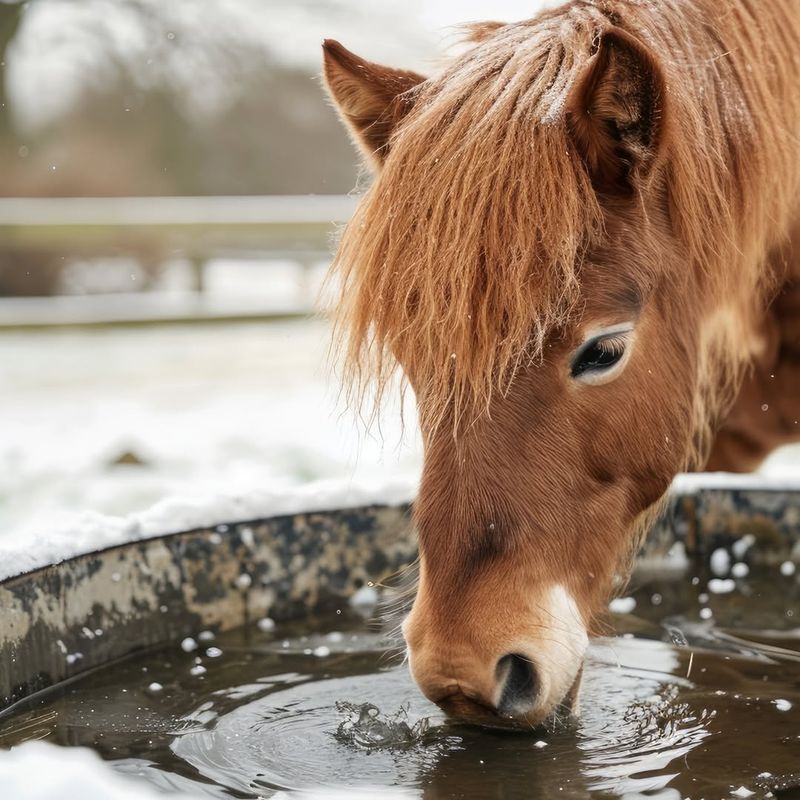
Inadequate water supply can be a serious stress factor for horses. Dehydration affects their health and can lead to anxiety and discomfort.
Ensuring constant access to clean, fresh water is crucial. Monitoring water sources and ensuring they are functioning properly prevents stress.
During hot weather or increased activity, providing additional water options ensures your horse stays hydrated. Consistent access to water is fundamental for their well-being and stress reduction.
18. Sudden Change In Routine
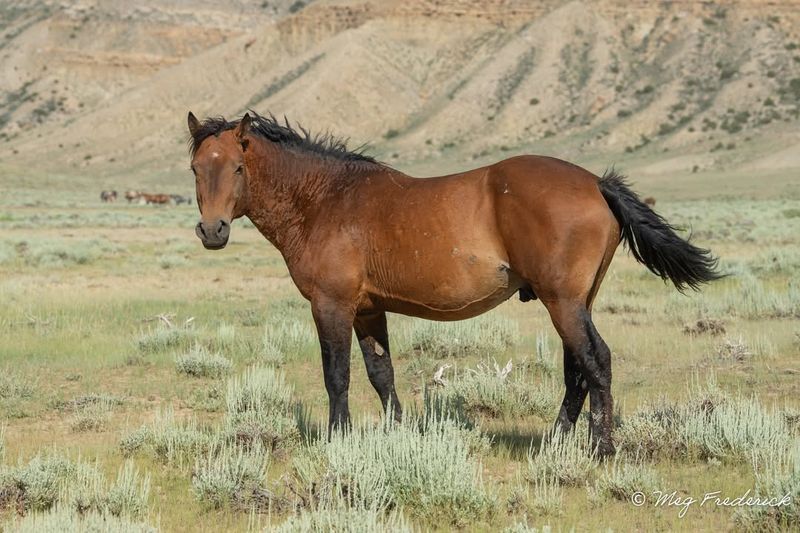
Sudden changes in routine can cause stress for horses as they rely on predictability. Disruptions to feeding, exercise, or social schedules lead to anxiety.
Maintaining a consistent routine is key to reducing stress. If changes are necessary, gradual adjustments help ease the transition.
Providing stability and understanding your horse’s needs ensures they remain comfortable. Regular patterns in care and management contribute to their overall sense of security.

